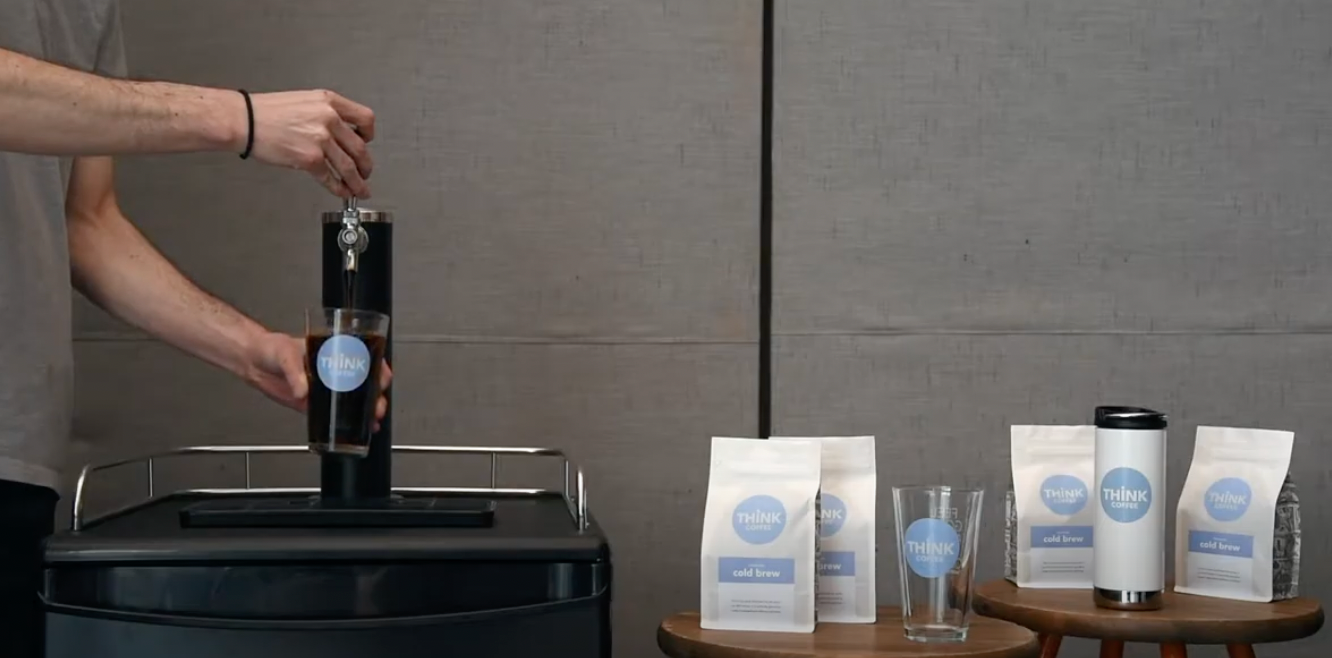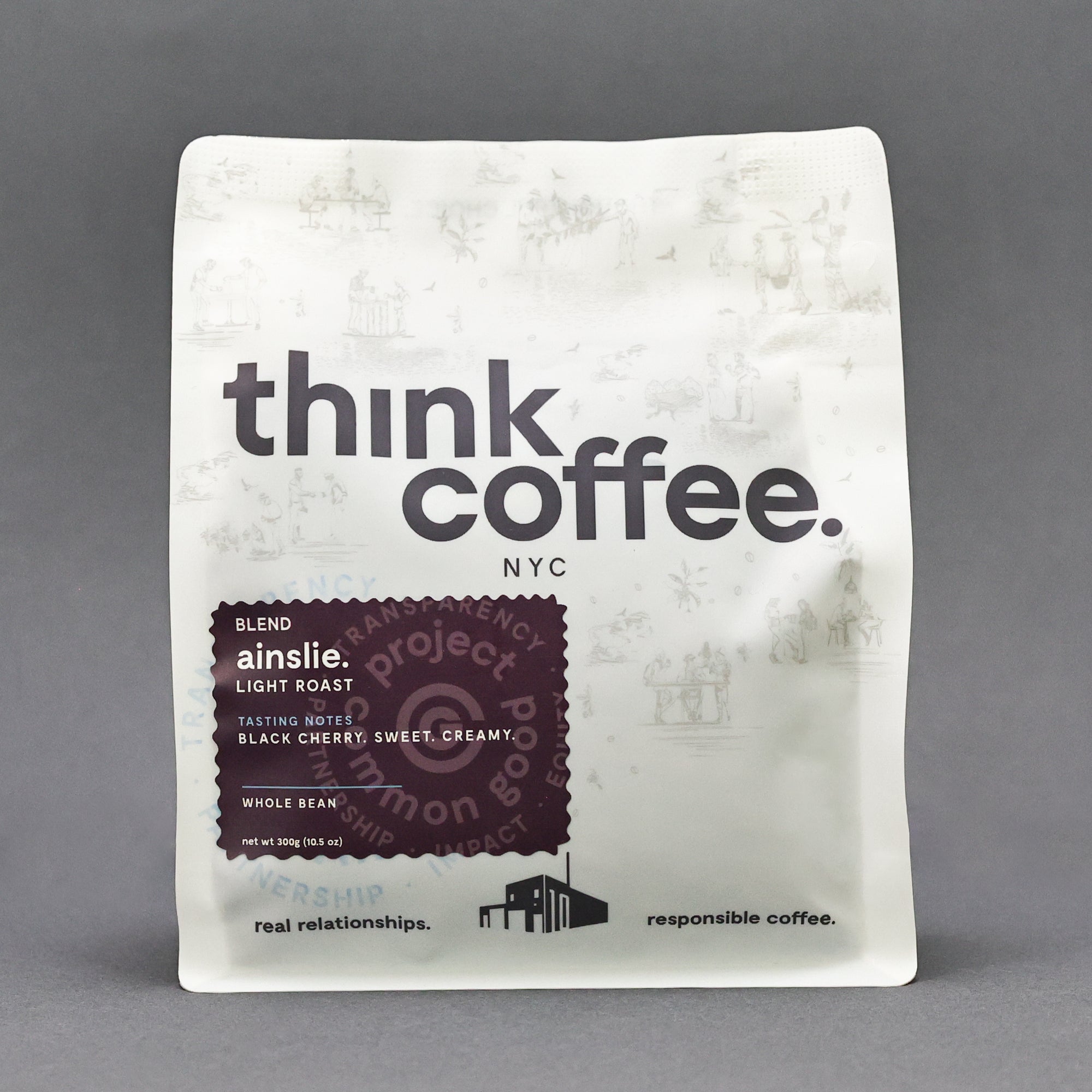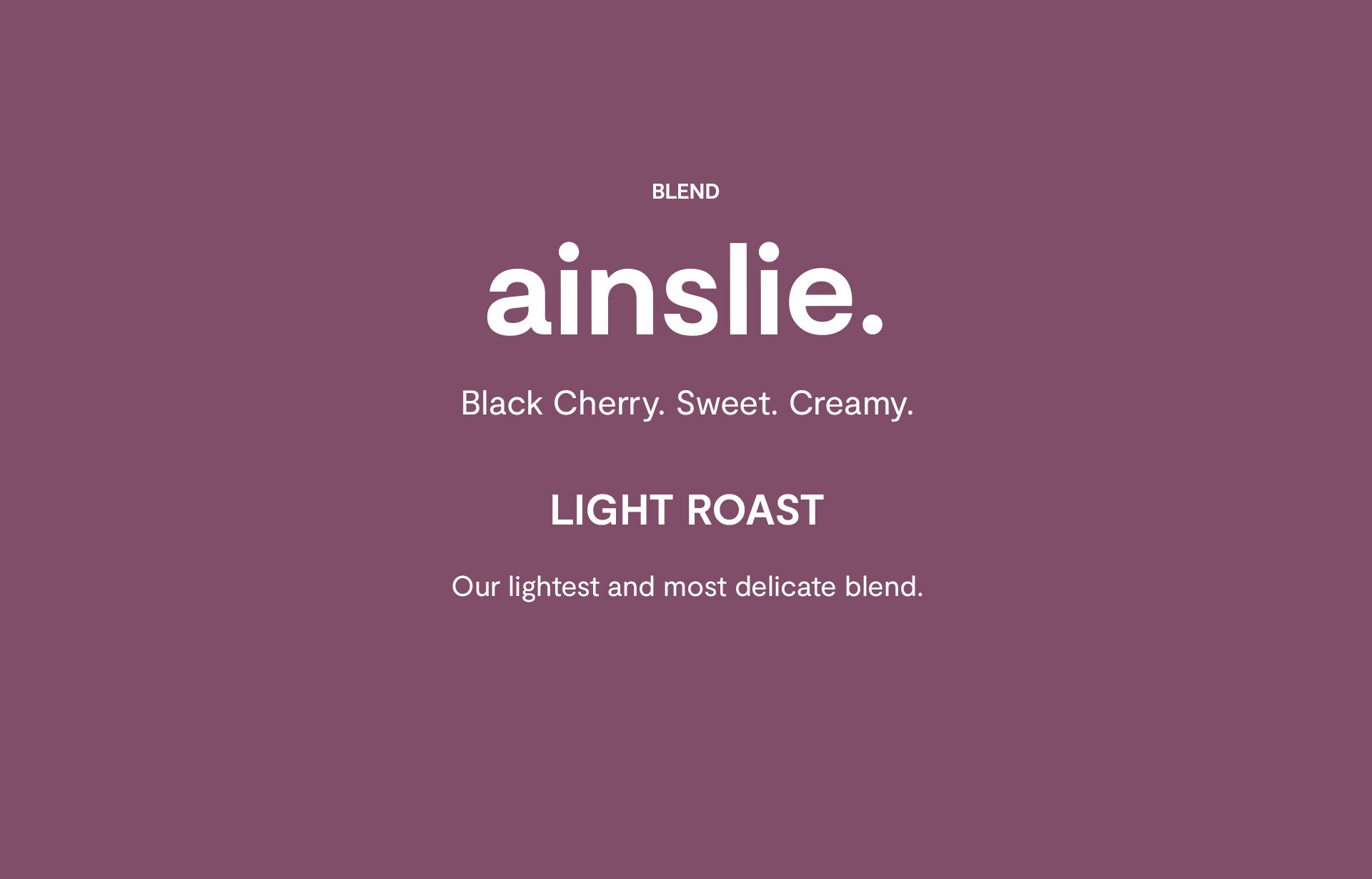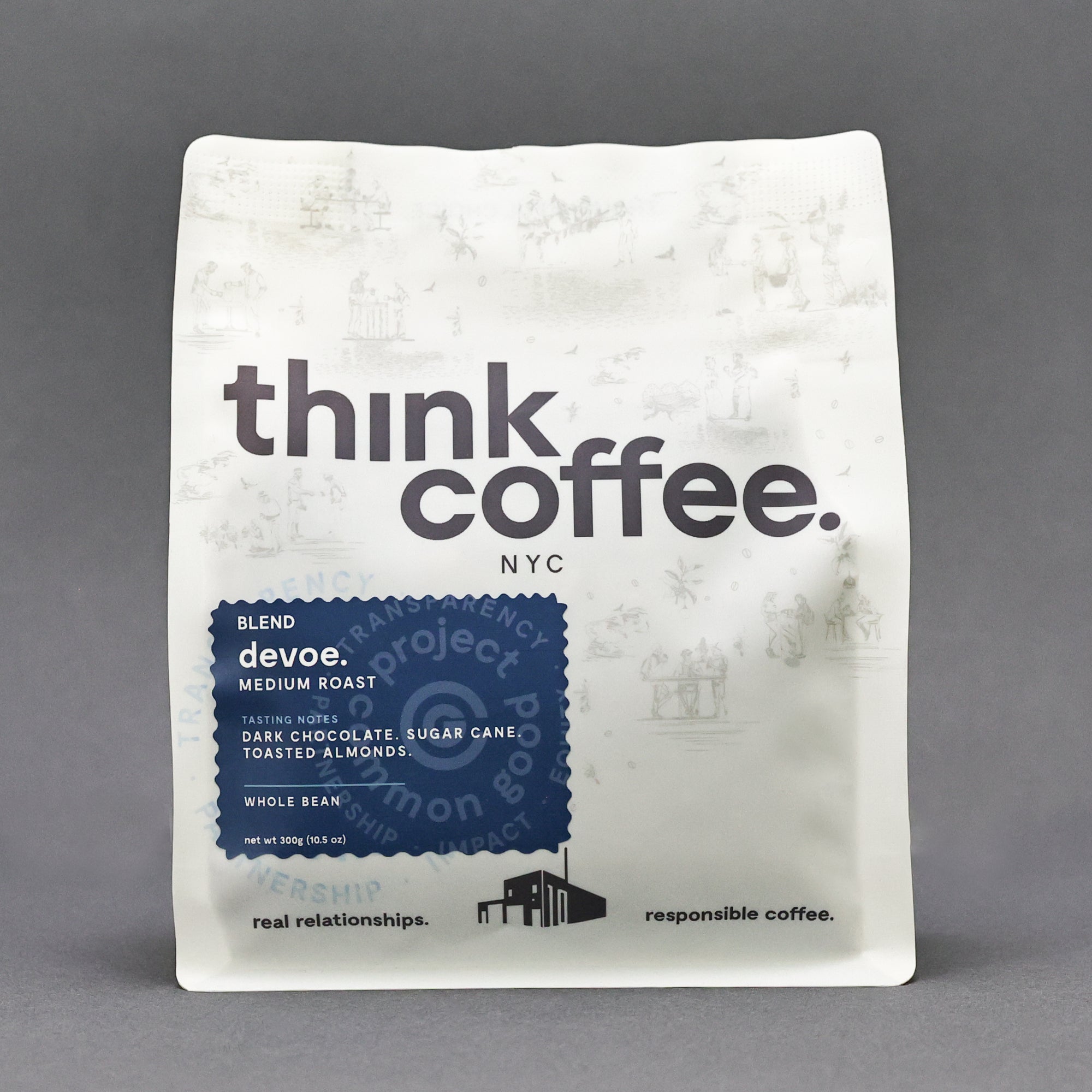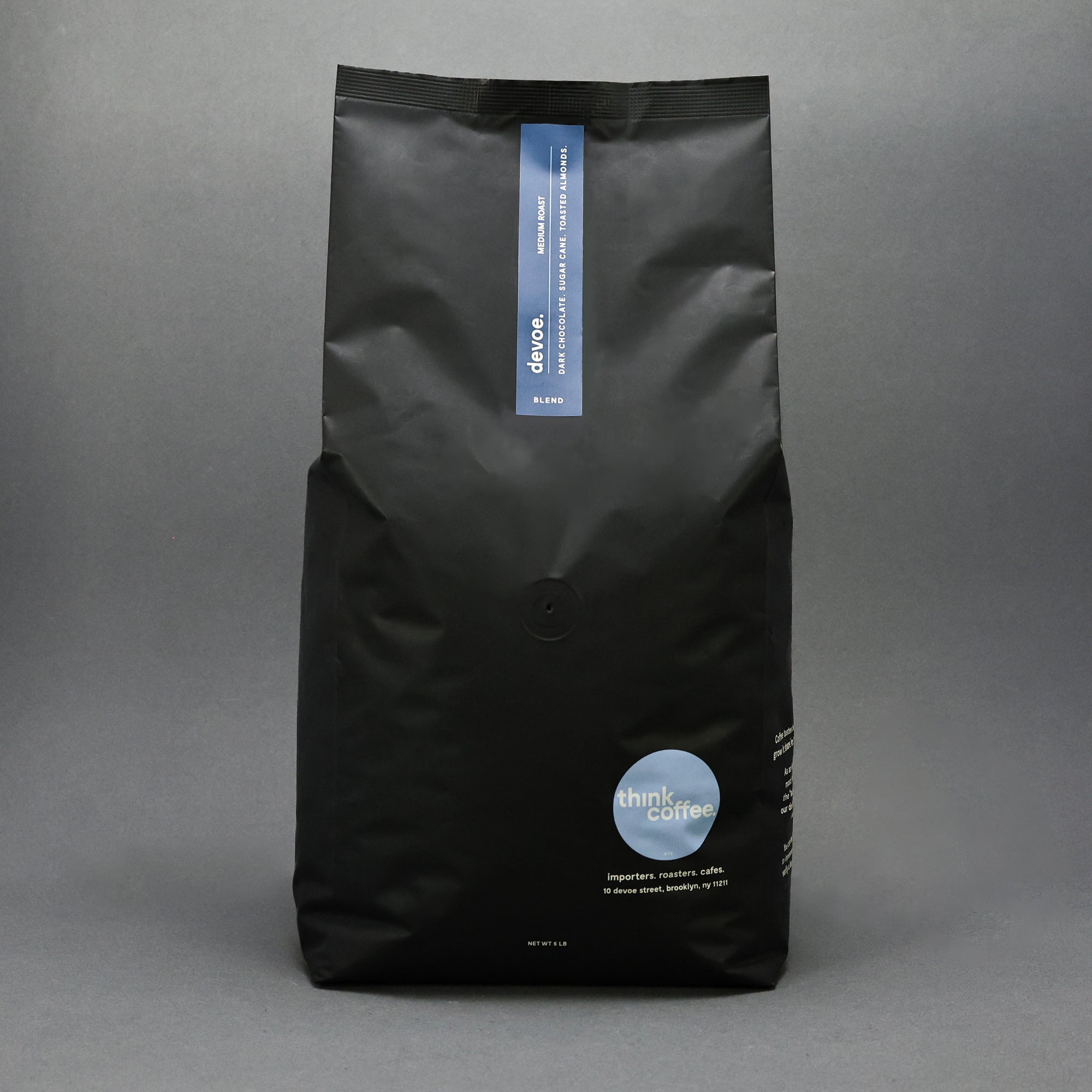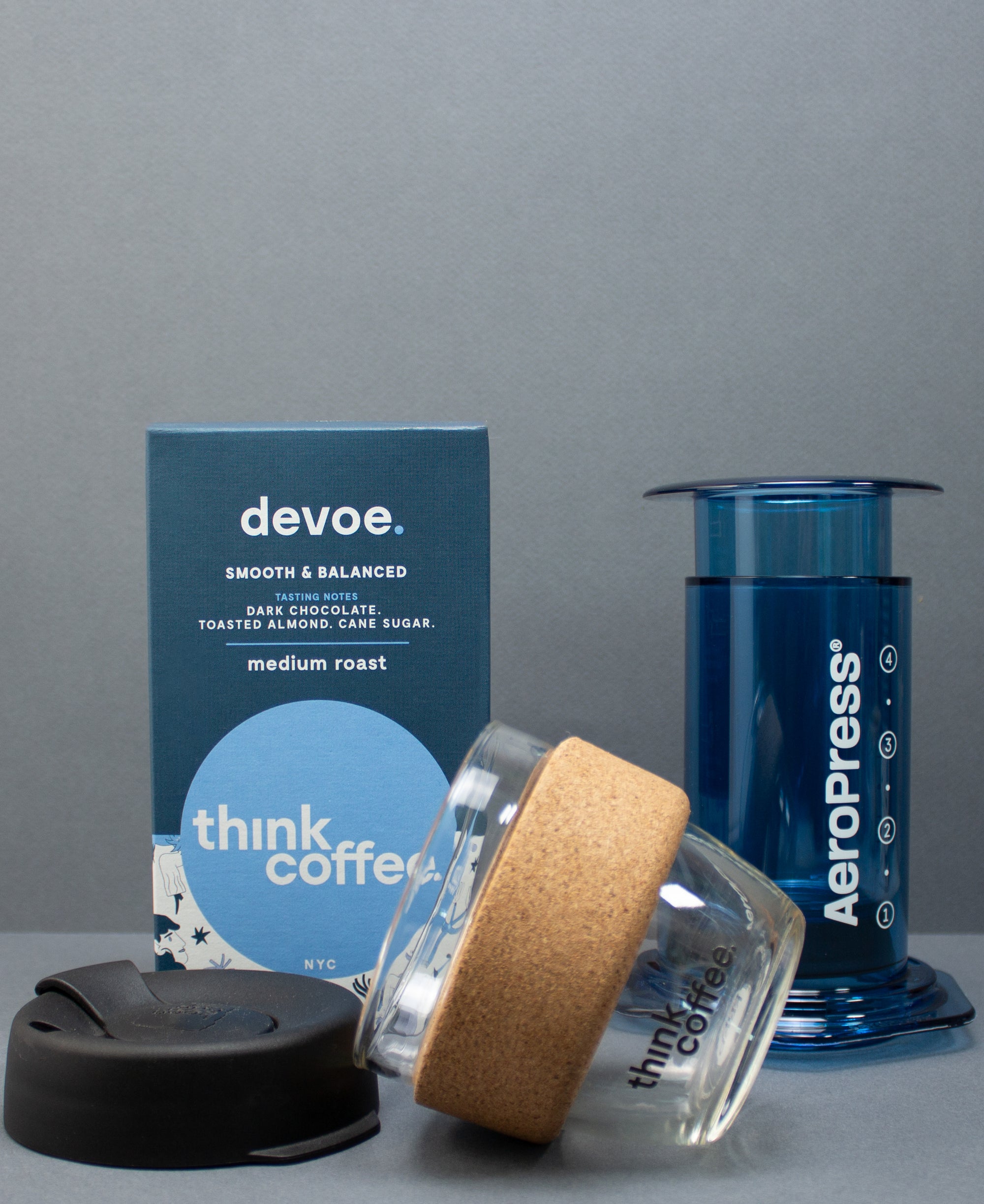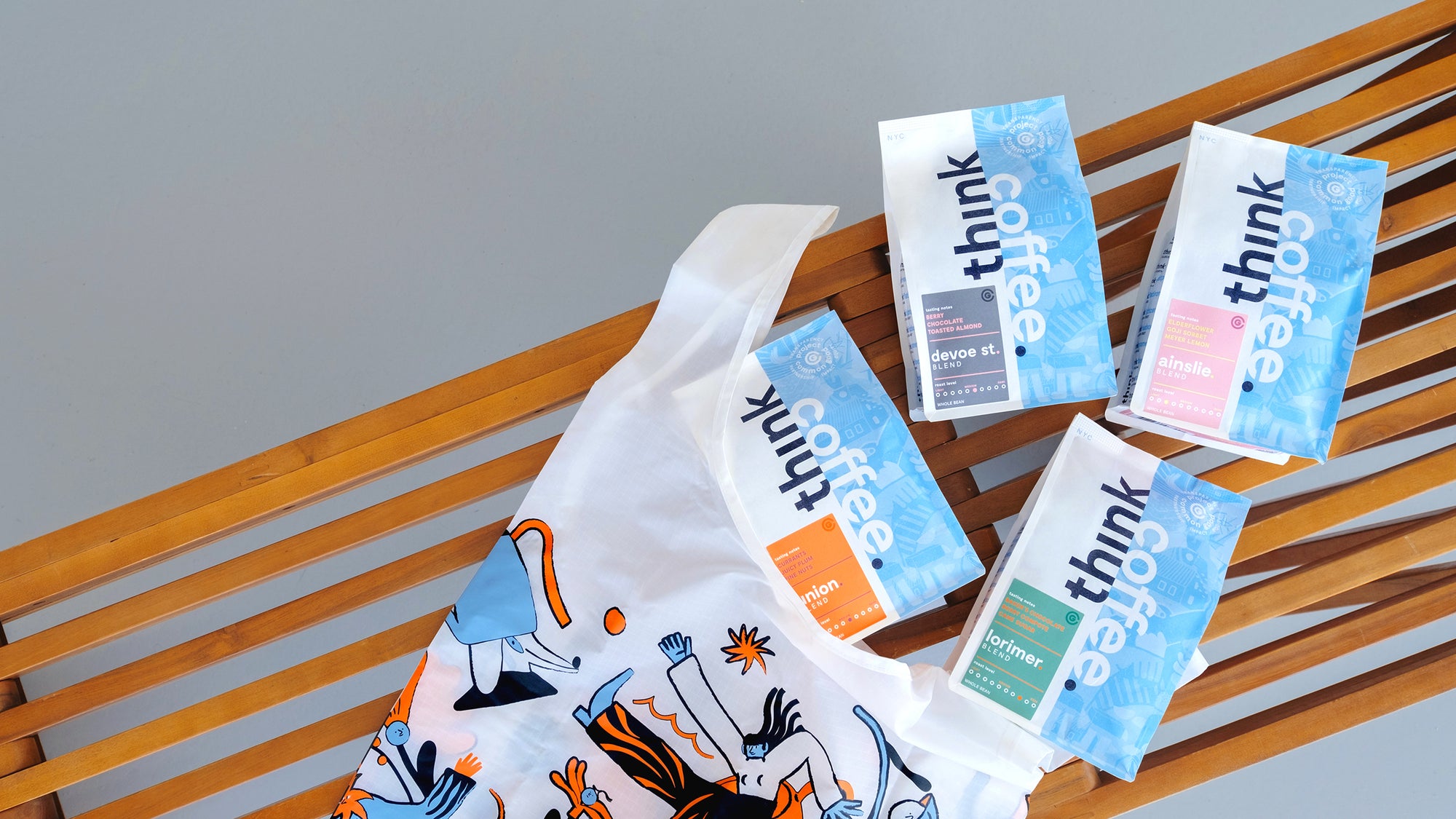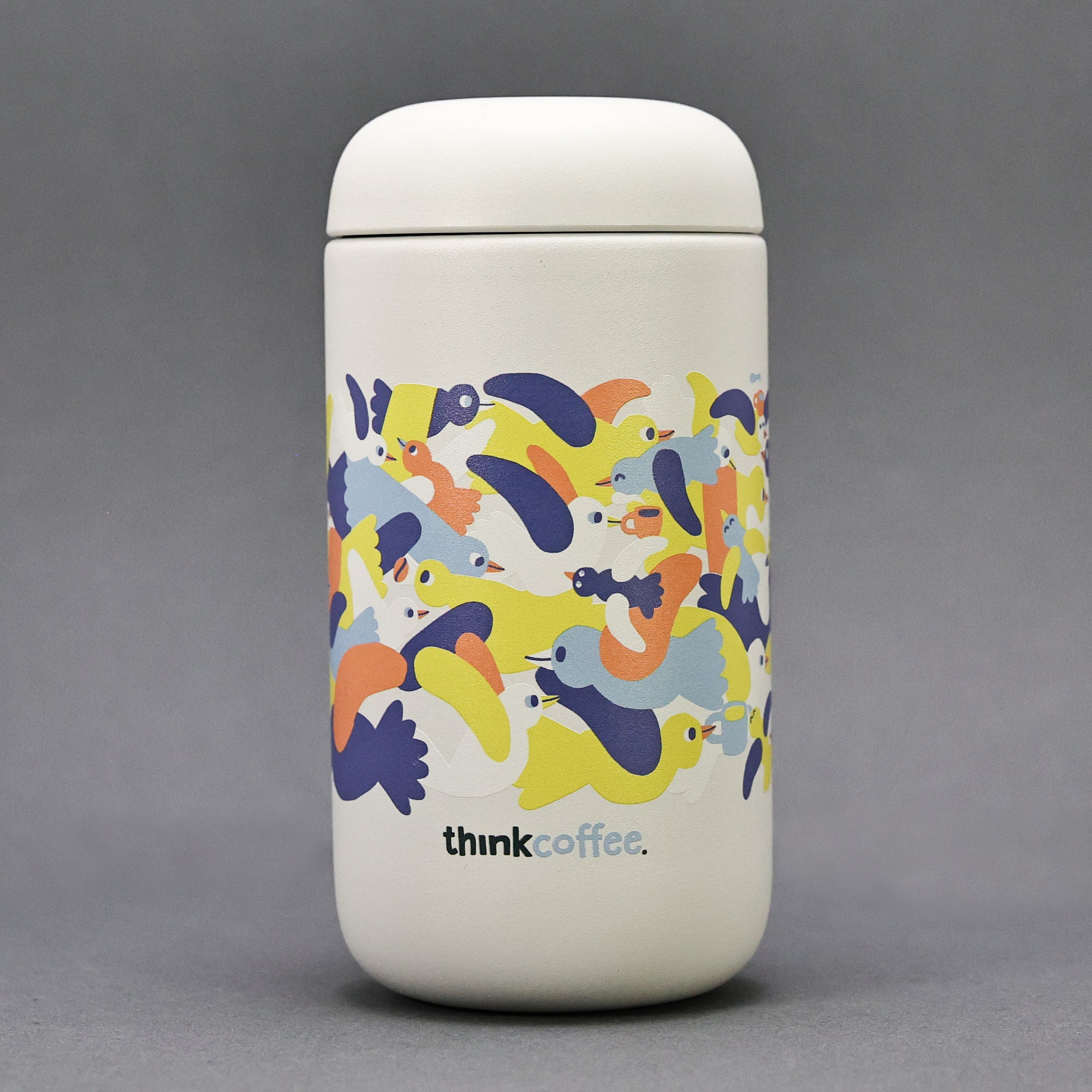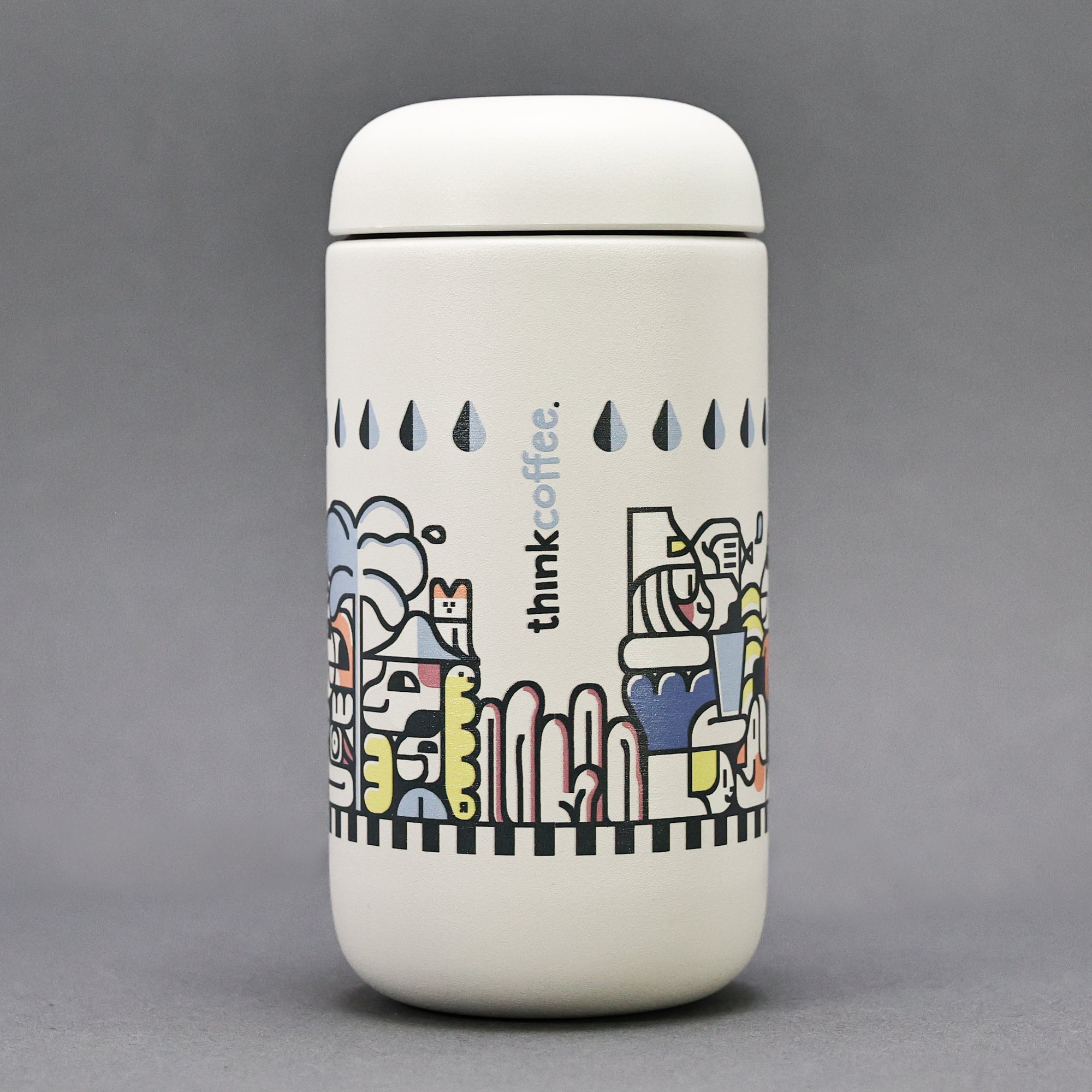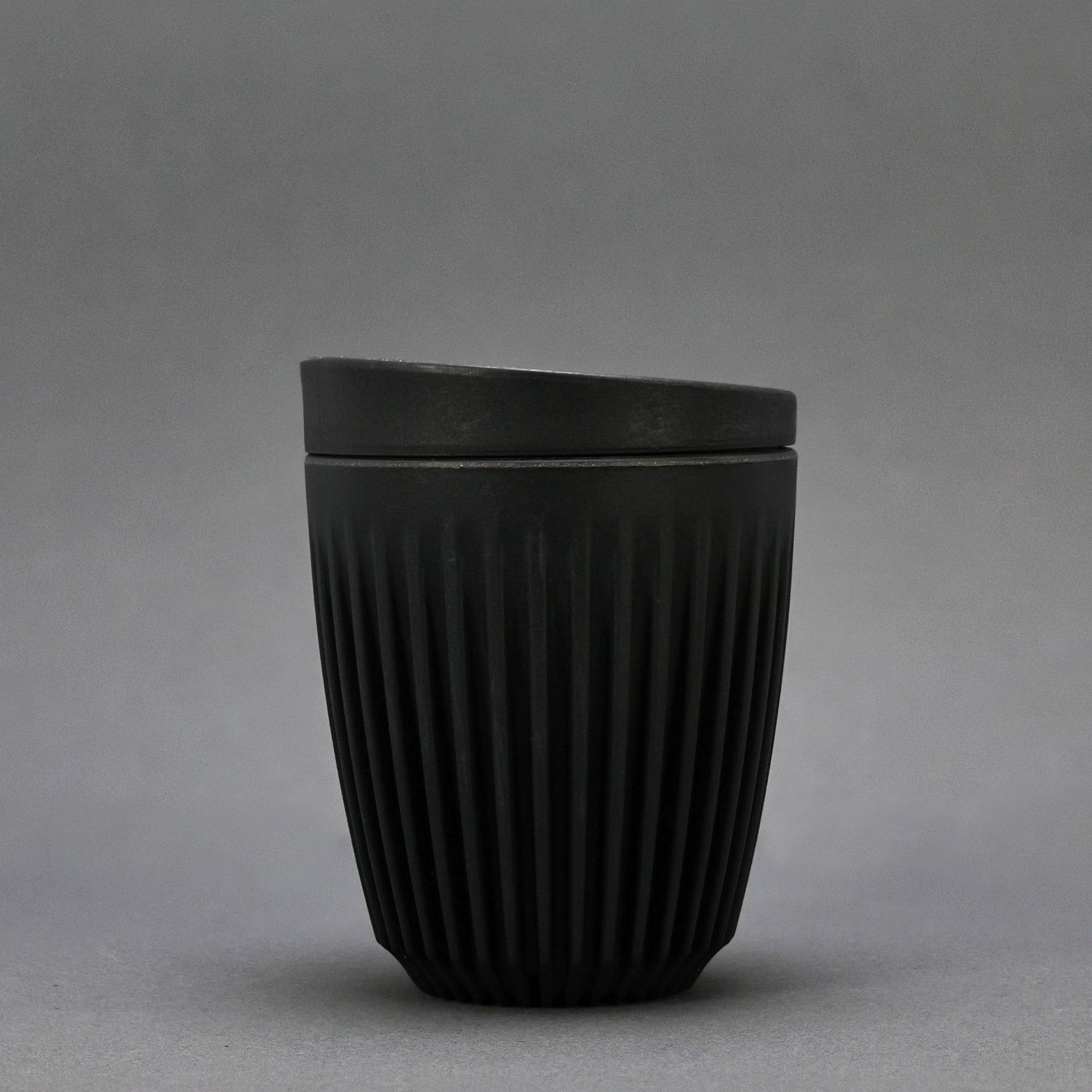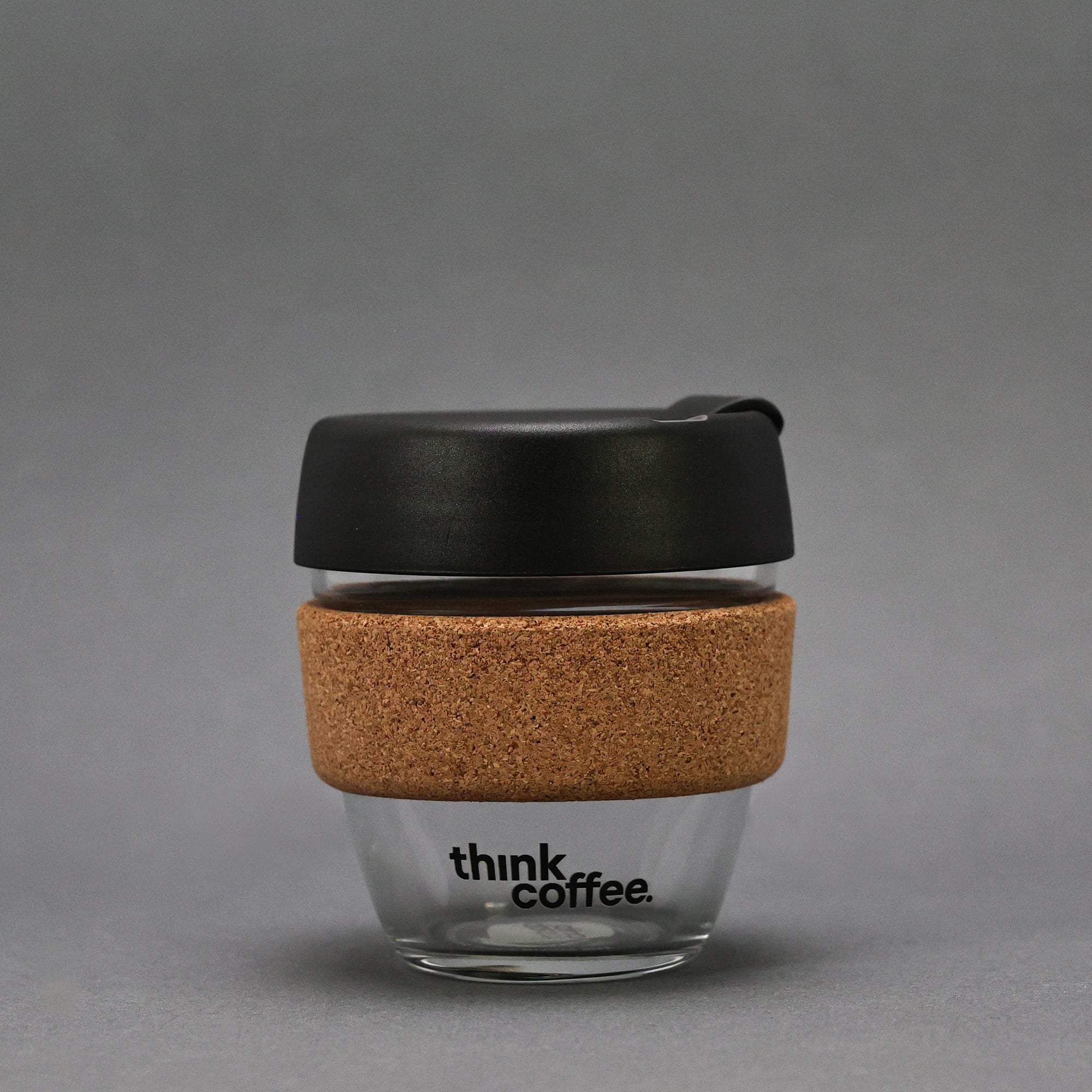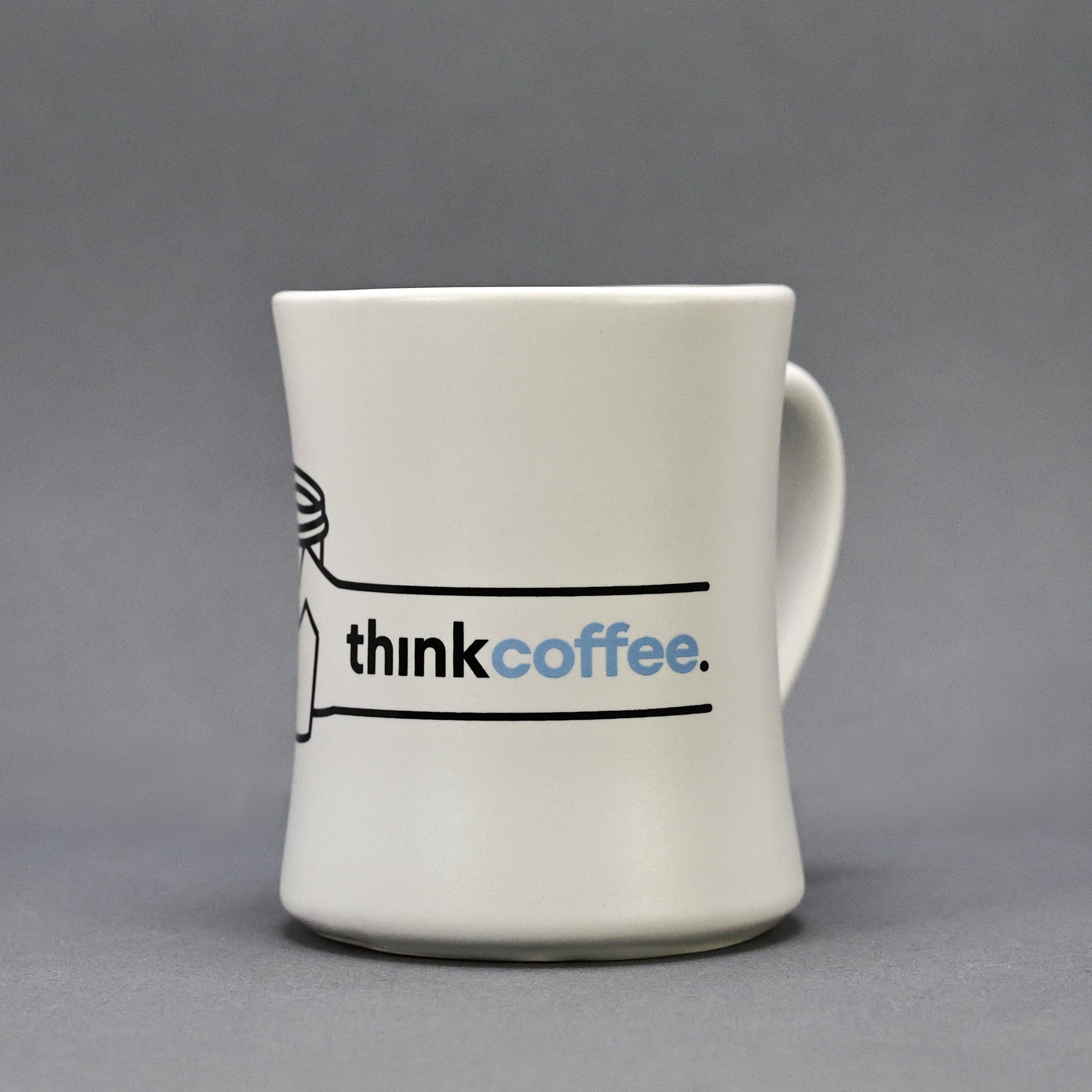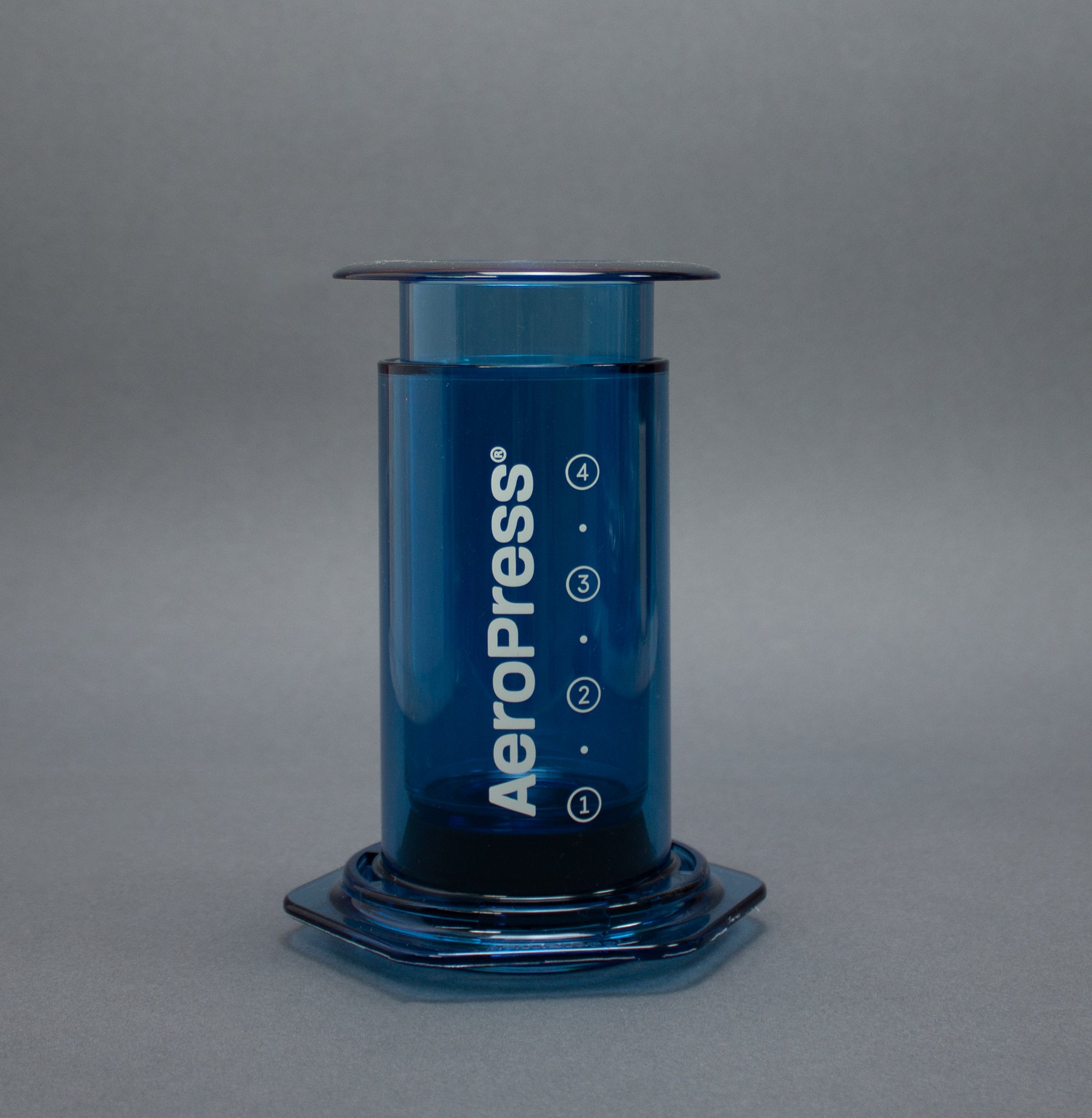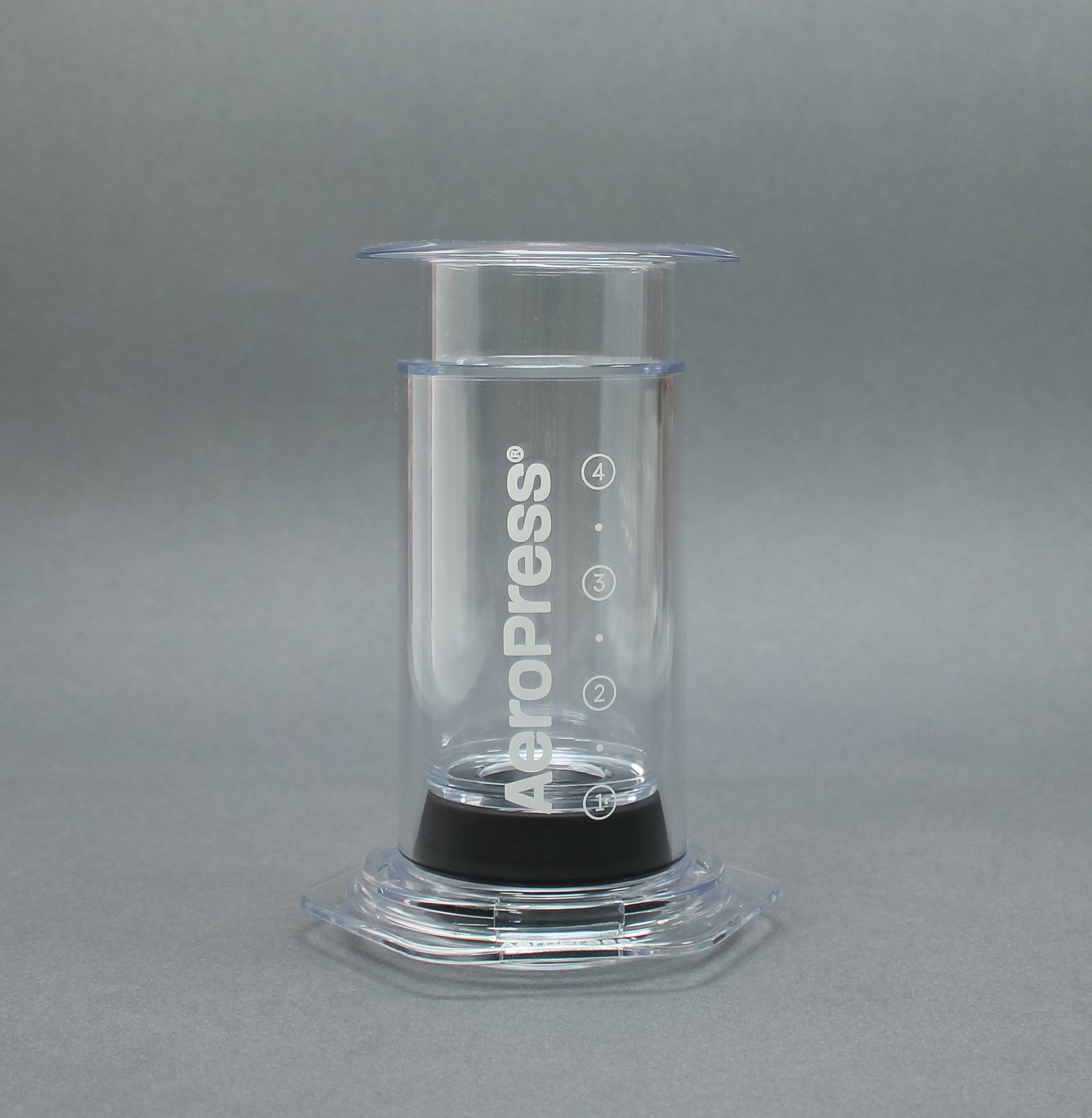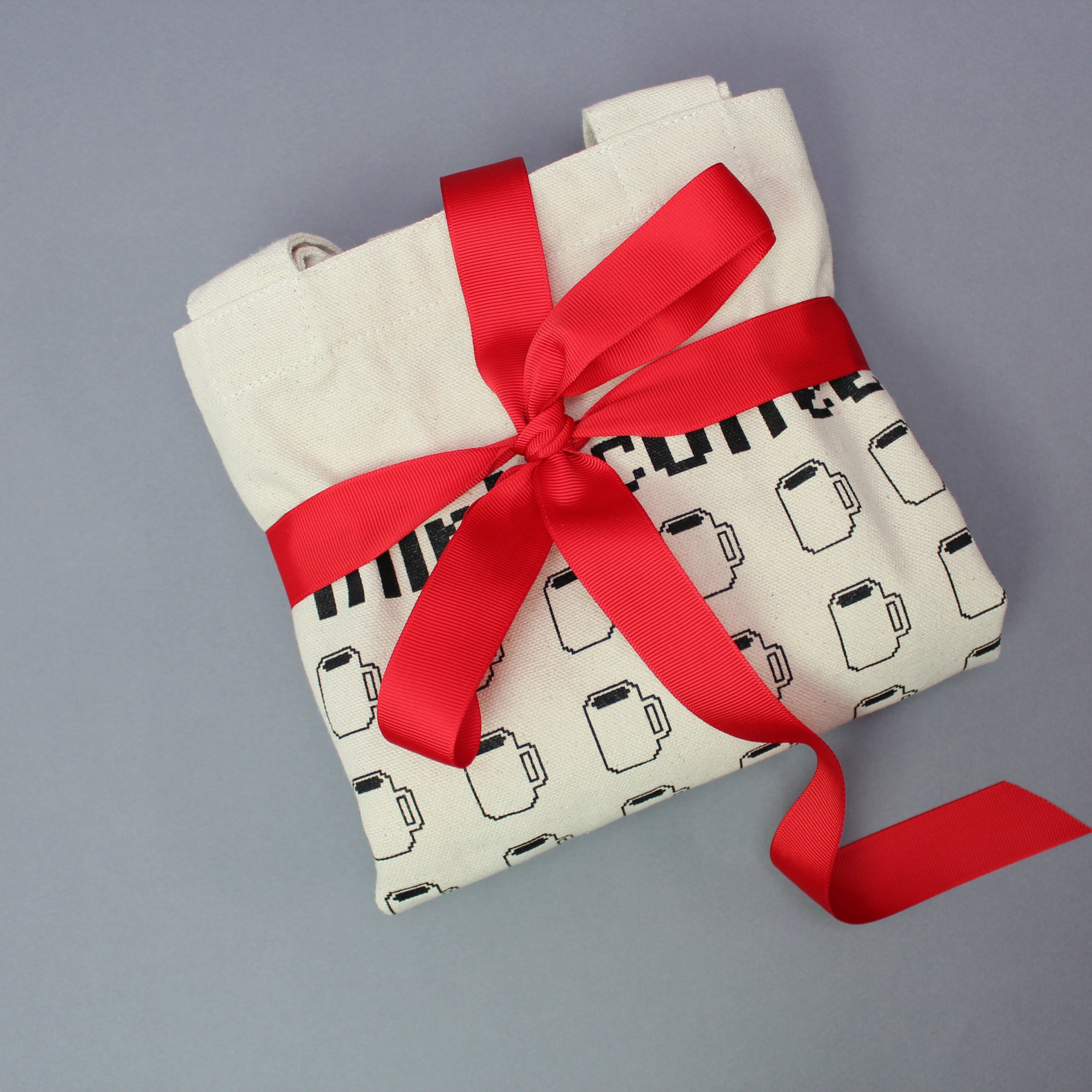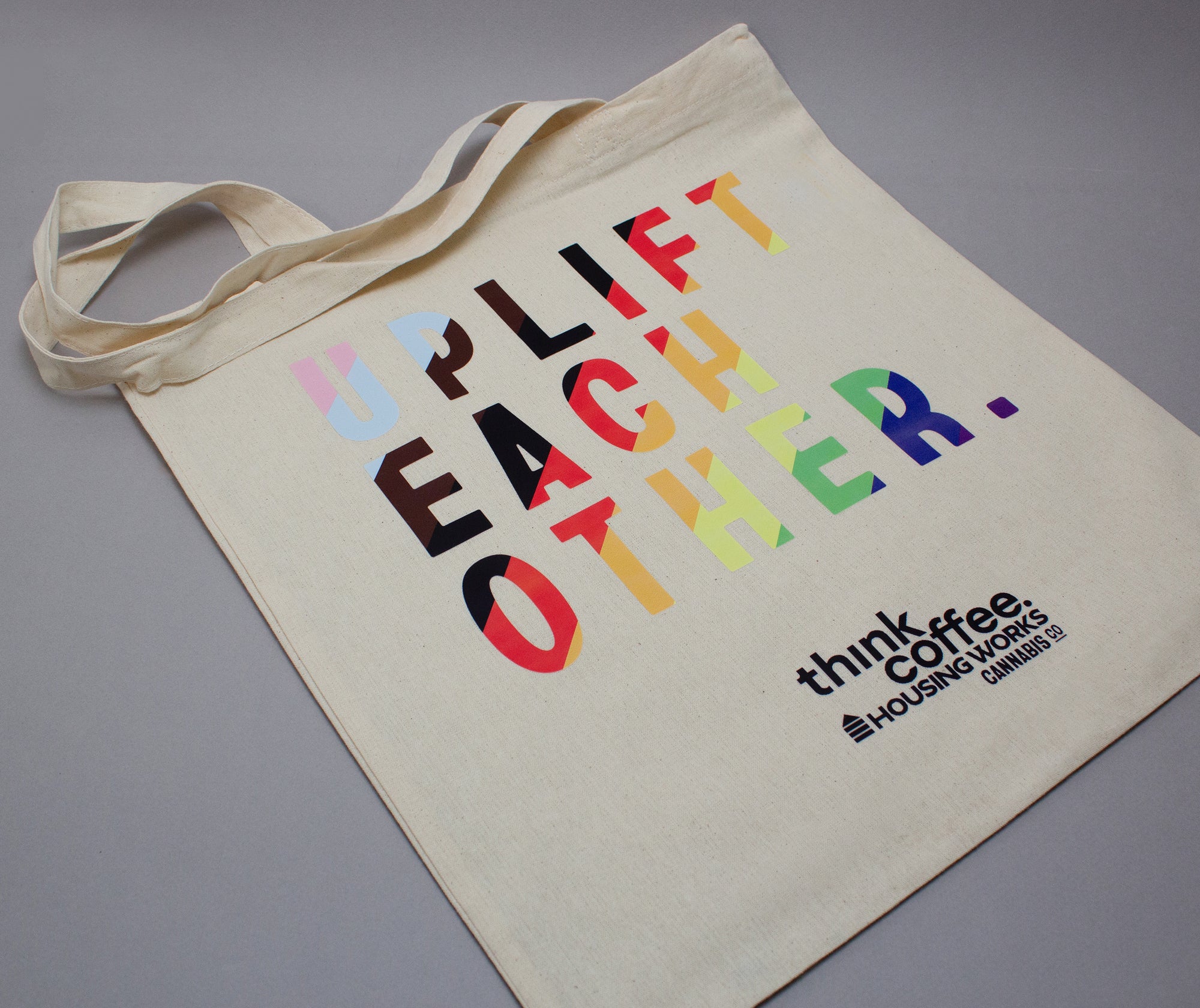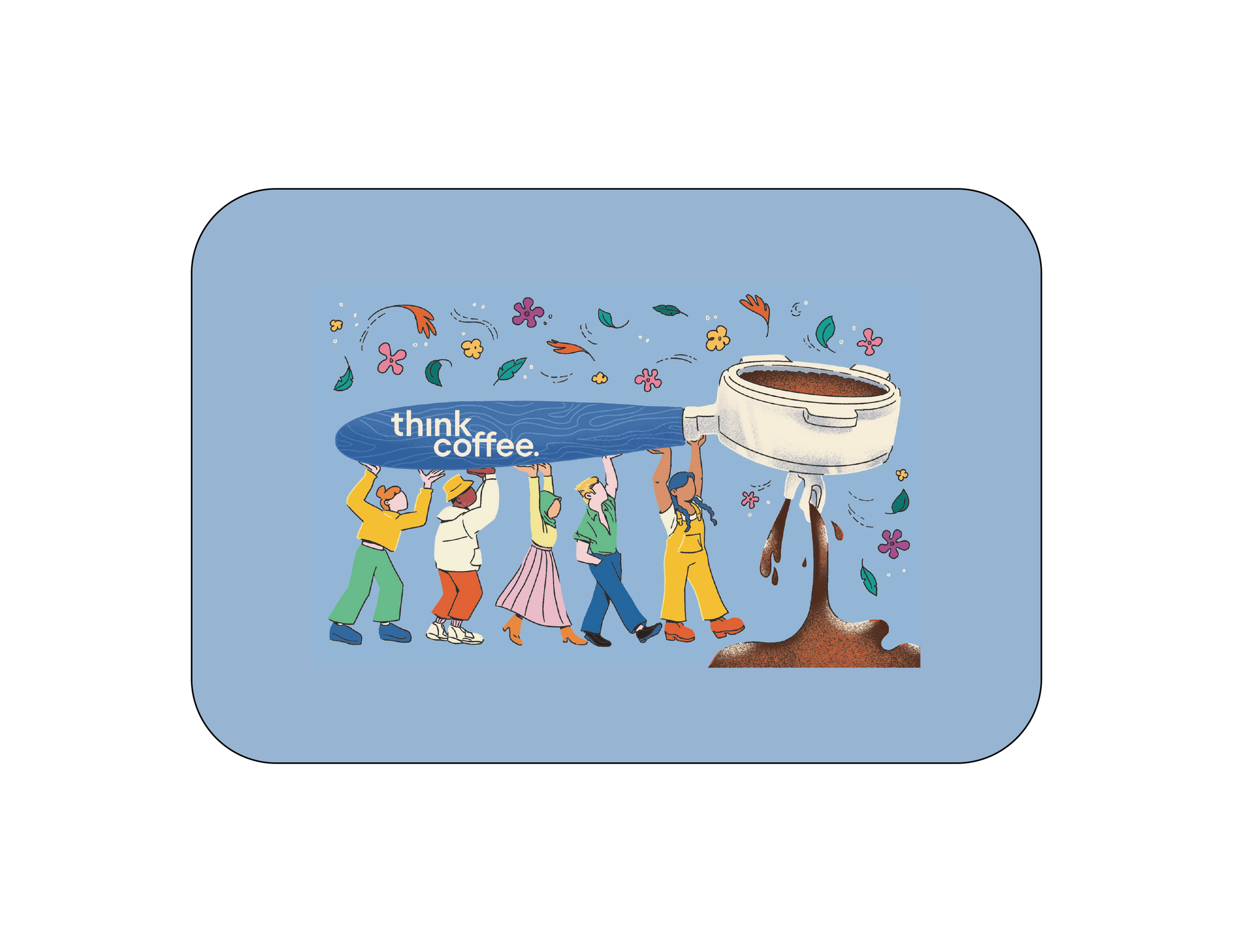feature text content
feature text content
feature text content
Mixed shape product grid
Example Product Title
Regular priceUnit price perExample Product Title
Regular priceUnit price per
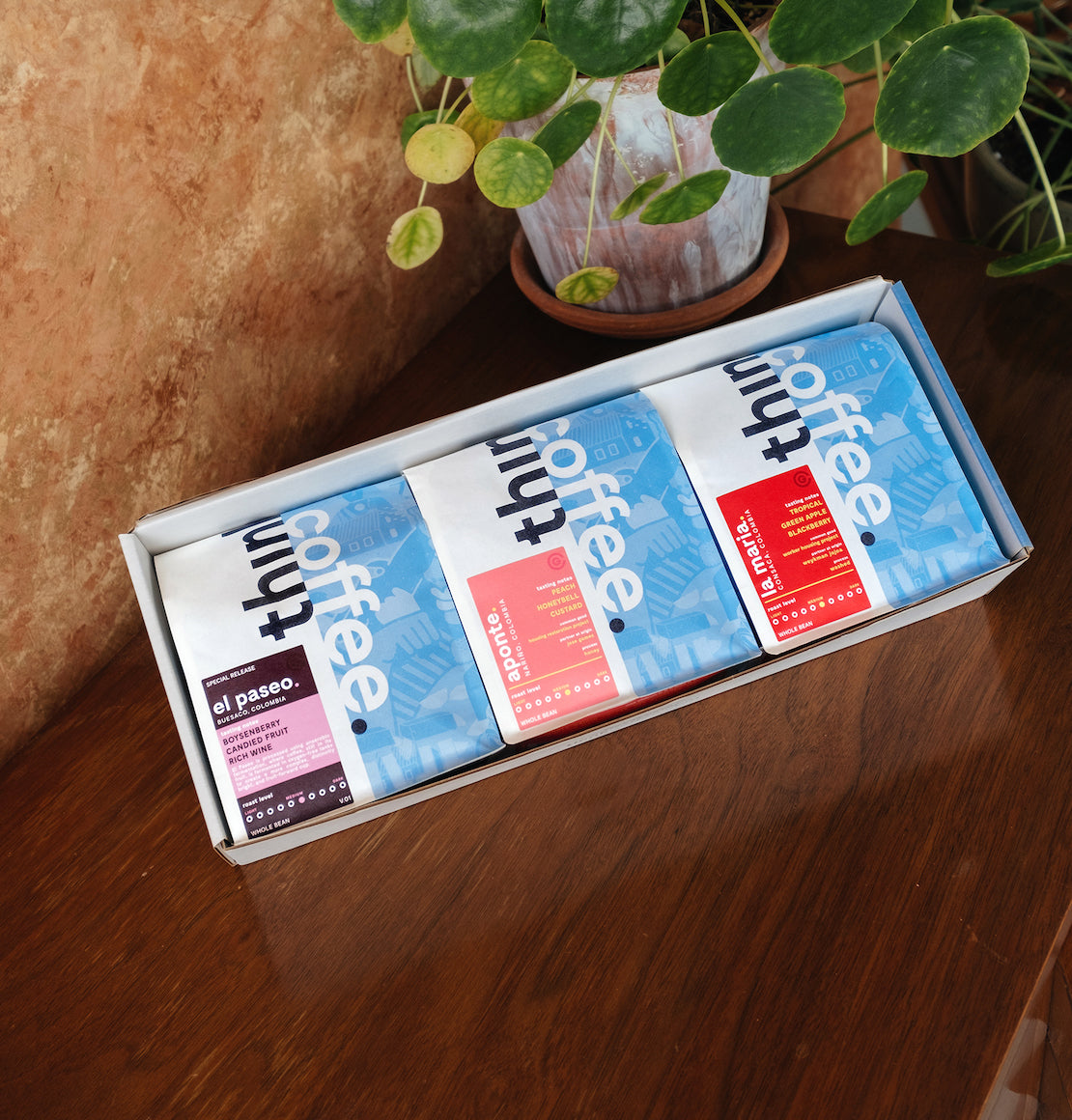
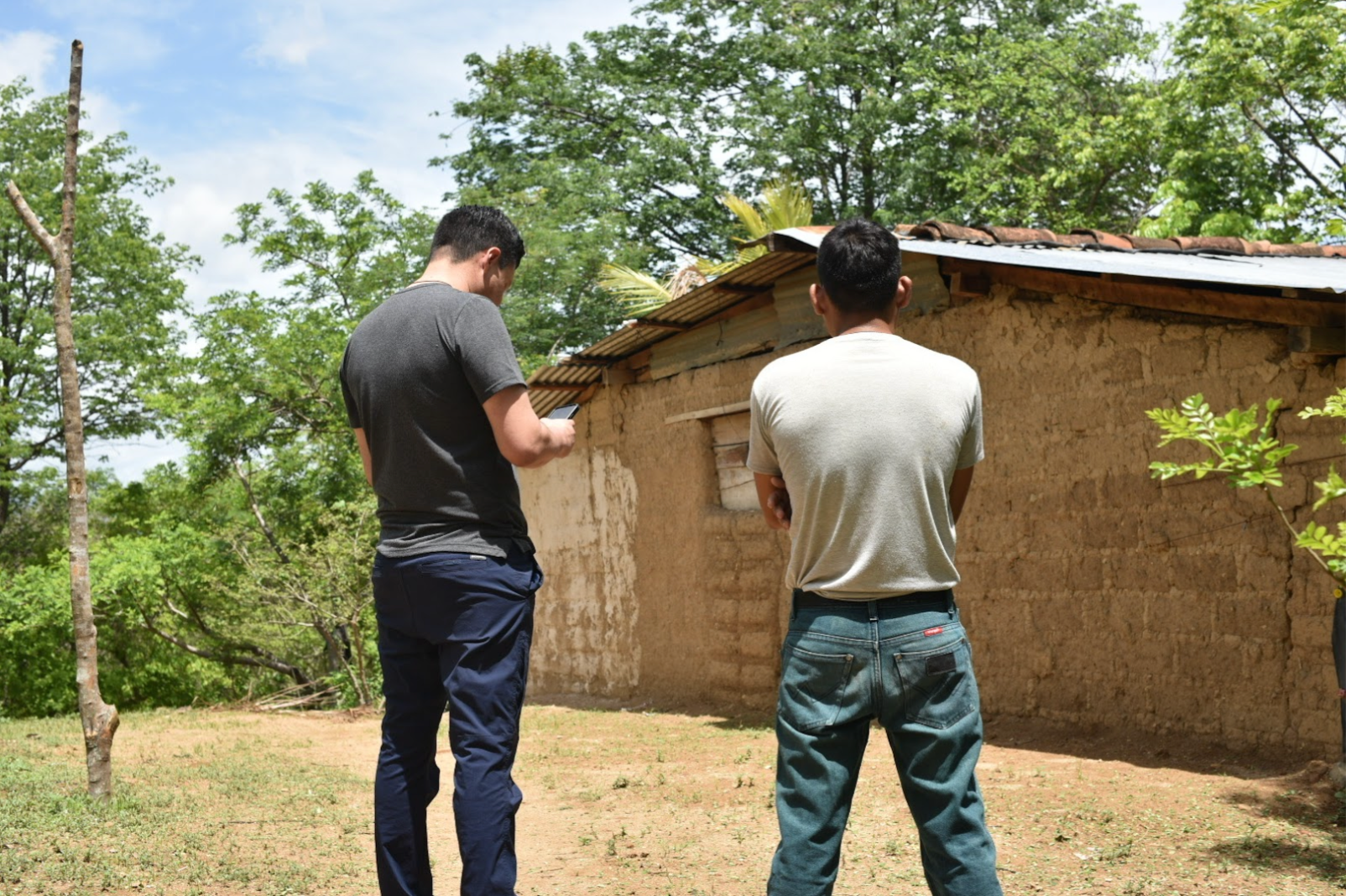
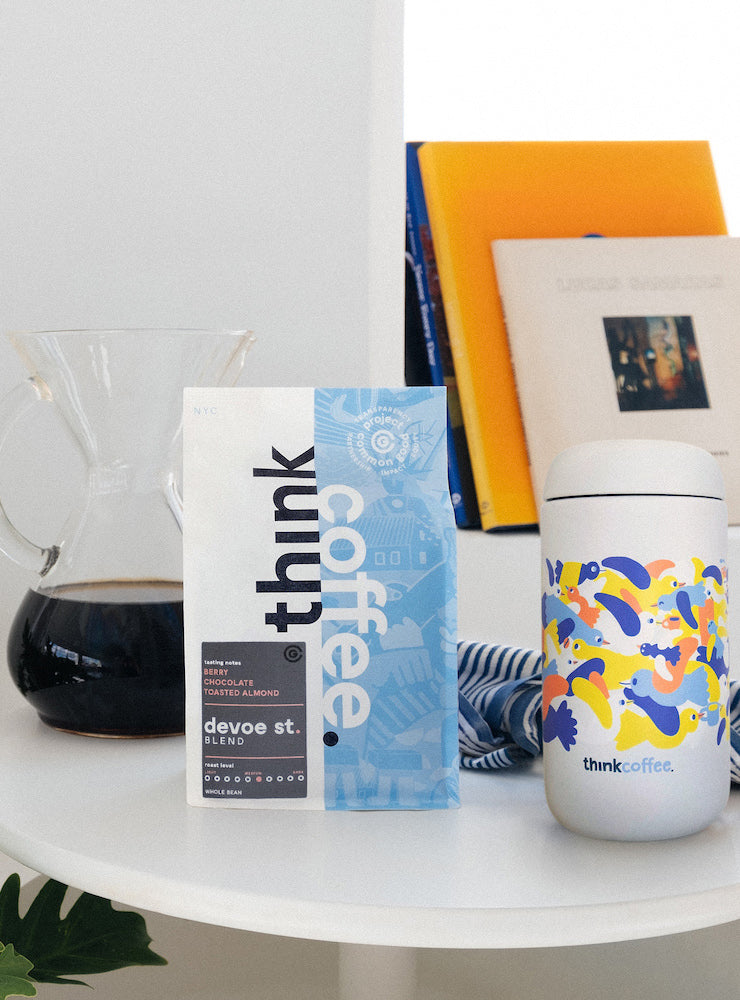
sourcing responsibly
| think coffee | fair trade | direct trade | abcd | |
|---|---|---|---|---|
| Label | ||||
| Label | ||||
| Label |
Custom liquid
Use this text to share the answer to the question with your customers.
Use this text to share the answer to the question with your customers.
Use this text to share the answer to the question with your customers.
Use this text to share the answer to the question with your customers.
Use this text to share the answer to the question with your customers.
Use this text to share the answer to the question with your customers.
Use this text to share the answer to the question with your customers.
Use this text to share the answer to the question with your customers.
-
period poverty
Subheading goes here.
-
clean water access
Subheading goes here.
-
worker housing
Subheading goes here.
Period Poverty

KELLENSOO // ETHIOPIA
THROUGH COFFEE WE CAN EMPOWER GIRLS

2014
Think partners with NGO to address lack of feminine-hygiene products in schools.

2019
Over 1,750 reusable menstrual kits made and distributed by this point.
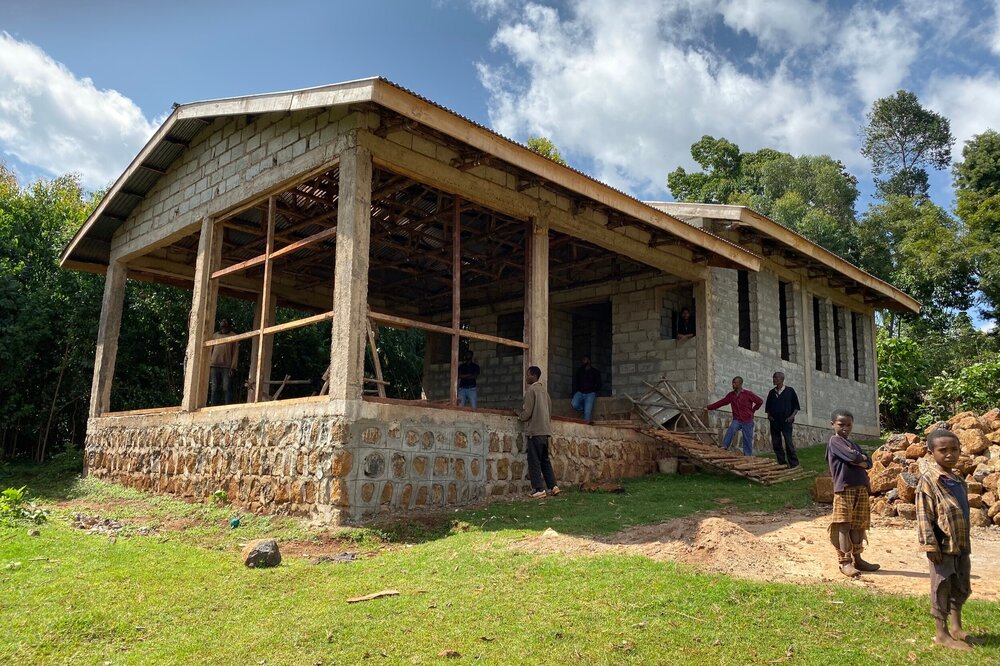
2022
Kellensoo Women’s Center complete.
We began our Social Project here by performing a needs assessment of the village of Kellensoo, to find out the most pressing issues facing the community. One of the most serious issues we identified was the high rate at which female students were dropping out of school. This was due primarily to insufficient access to, or a lack of, feminine-hygiene supplies, which ultimately forced girls to stay at home and miss an entire week of school every month while on their periods.

"...GENDER DISPARITY INCREASES AT HIGHER LEVELS IN EDUCATION, WHERE THE ENROLLMENT OF ADOLESCENT GIRLS IS LOWER THAN BOYS."
To rectify this problem, in 2014 we partnered with Days for Girls, an NGO that provides rural areas with a secure supply of feminine-hygiene products via the purchase and distribution of resuable kits. With each visit to Ethiopia, we would bring more than 200 of these kits. But because of high demand, the model quickly proved unsustainable, and we needed a different approach. In 2016 we decided to teach students at the local secondary school how to make reusable kits on their own. It was our belief--and the belief of the elders of the community--that by purchasing materials and having students engage with the project, we could distribute more kits, more quickly, providing tangible results. But come the following year, we learned that the amount of kits being made had reduced significantly: administrators needed to prioritize the curriculum when they had students in the classroom. At the same time, as students would graduate, our lead kit maker would have to train new students on how to make kits. She couldn’t keep up.

We returned in 2017 with the hope of finding a solution. After speaking with the elders of the community, we decided it was best to move kit production out of the school to a space where we could involve women of the community. In 2018, construction began on the Kellensoo Women’s Center. During this process, we continued to distribute kits to girls at both the primary and secondary schools. By the end of 2018, 1,500 girls had received a feminine-hygiene kit. On our most recent visits, throughout 2019, we sought ways in which the Center could be used as more than just a production space. Gradually we learned that in order to make this project succeed, we would need to create an environment where girls could also be educated about feminine hygiene. Thus, the Center will function as a space where girls can receive feminine-hygiene kits, but also as a safe space where they can build confidence through education. Local nurses and educators will give lectures on how to properly use these kits, and provide reading materials so girls can learn about their periods and how to lead the world feeling empowered.

icon list
Image with text
Image with text overlay
logo list
Sign up to our newsletter
Receive special offers and first look at new products.
Heading
Use this text to share information about your brand with your customers. Describe a product, share announcements, or welcome customers to your store.
